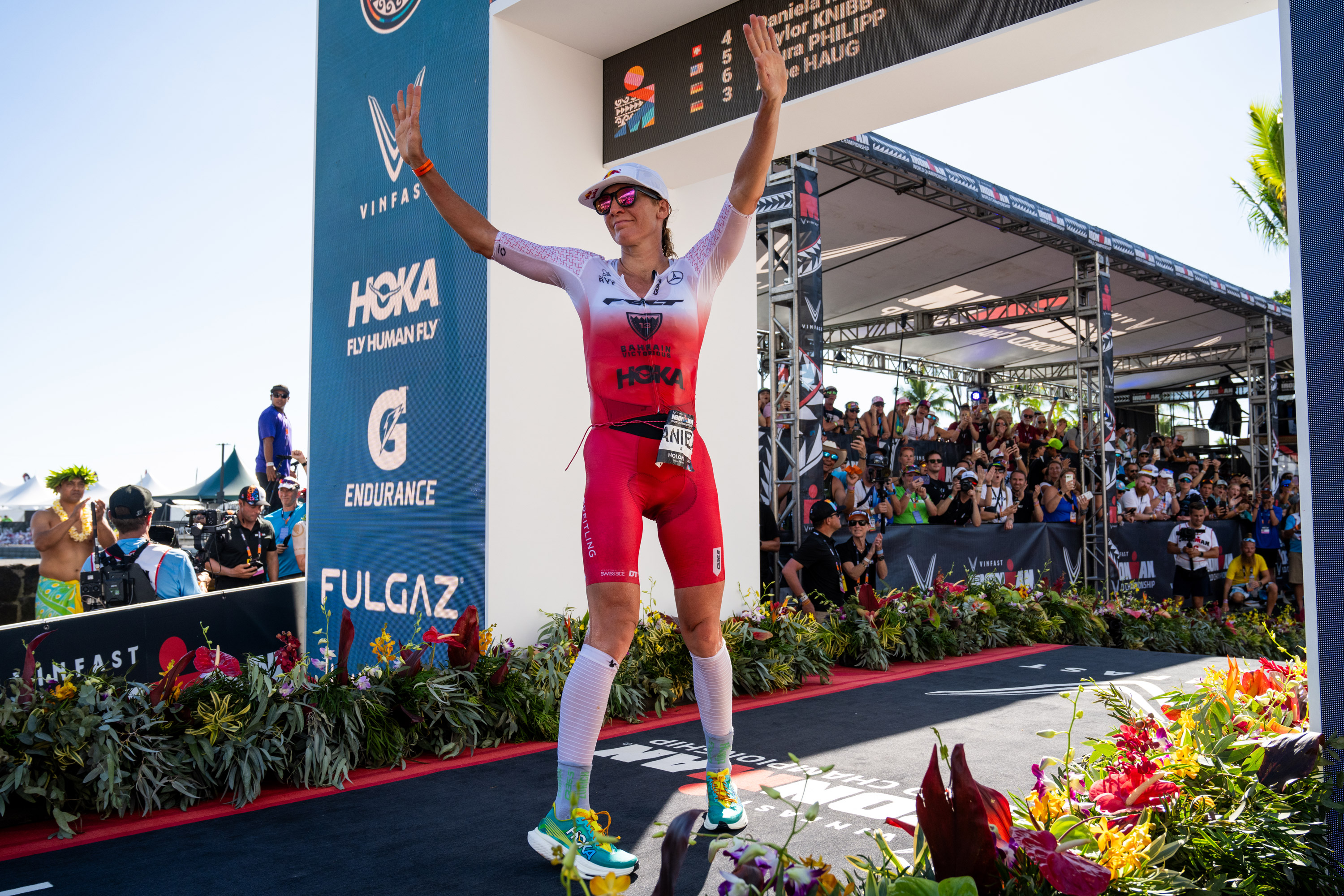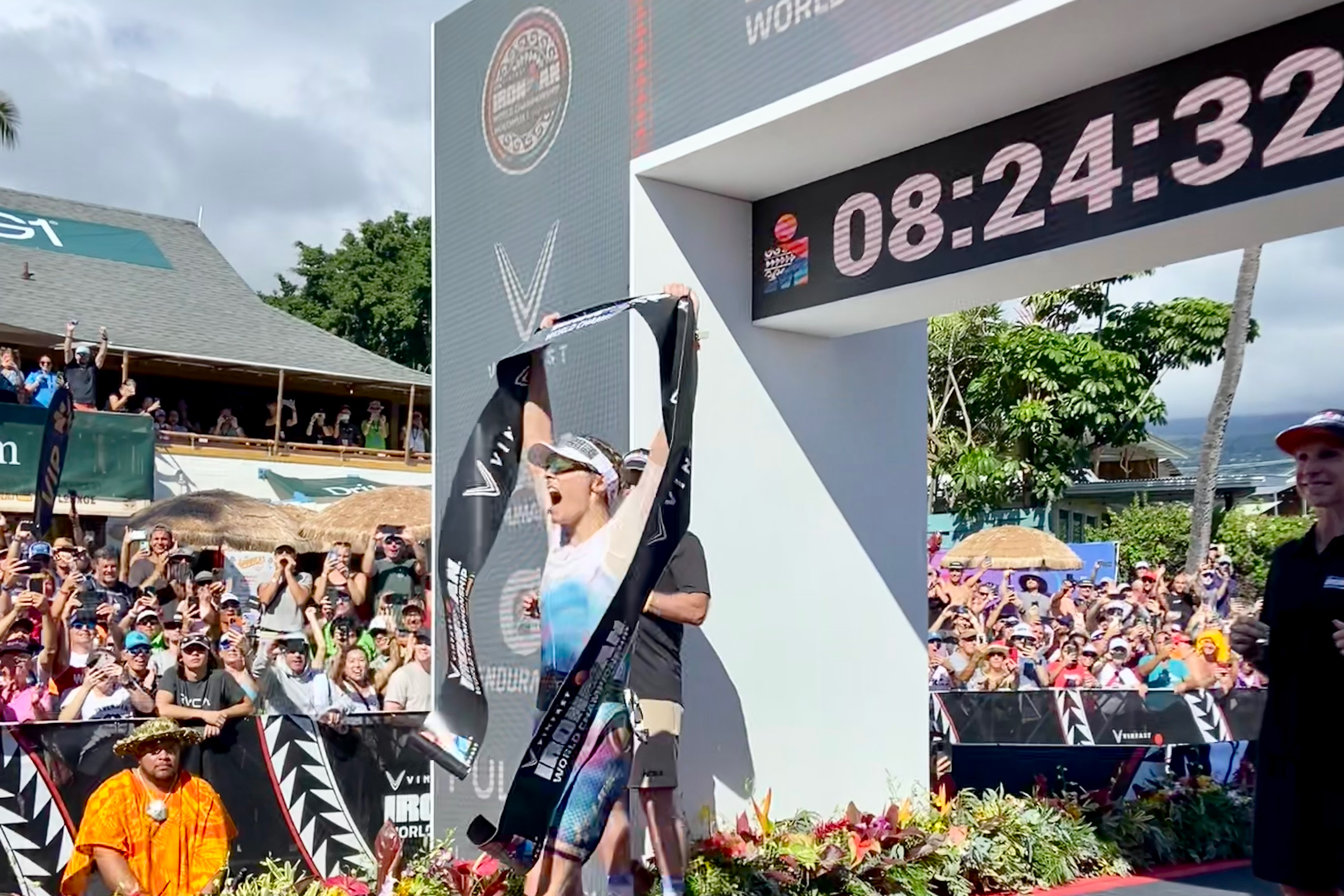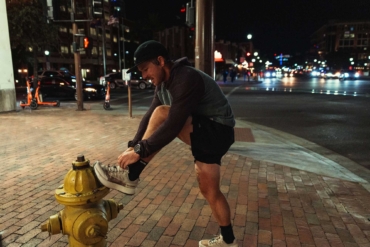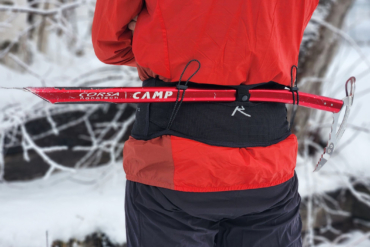Kona may have just seen the last of its GOAT. Daniela Ryf, five-time winner of the IRONMAN World Championships, has announced that last week’s race was likely her last time toeing the start line of triathlon’s ultimate event on the Big Island where it all began.
“I think I’ve achieved my potential in Kona,” Ryf told GearJunkie. “There are a lot of goals still out there for me to pick from. It feels right that it was my last time, even though I already feel a bit sad!”
This was the first year that male and female participants in the IRONMAN World Championships performed on different stages at different times. Male triathletes headed to Nice, France, in September for their competition, while the women returned to Kona on Hawaii’s Big Island to continue the island’s tradition as the original host of the Championships. Moving forward, the two categories will alternate between the two locations as a way to give both groups the undivided attention they deserve and to reduce the burden on Kona.
This year, Ryf rounded out the top five at the IRONMAN World Championships on October 14. And the idea of racing in Nice does excite Ryf. She sees potential in gracing the world stage once more there.
But, it’s still the end of an era. Kona saw Ryf take first place for 4 years straight from 2015 to 2018 and again in 2021. She set the women’s speed record twice, first in 2016 and then beating her own record in 2018 by a whopping 20 minutes. That finish time of 8:26:18 stood uncontested for the next 5 years running.
Ryf also made IRONMAN history in Kona as only the third woman to ever win more than three World Championship races and the second to do so four times in a row. The Big Island is home to much of Ryf’s legacy.
Goodbyes like that don’t come easy.
‘Angry Bird’
Ryf has a reputation in the triathlete world for being rather reclusive. A glimpse of her strategy puts that habit into meaningful context.
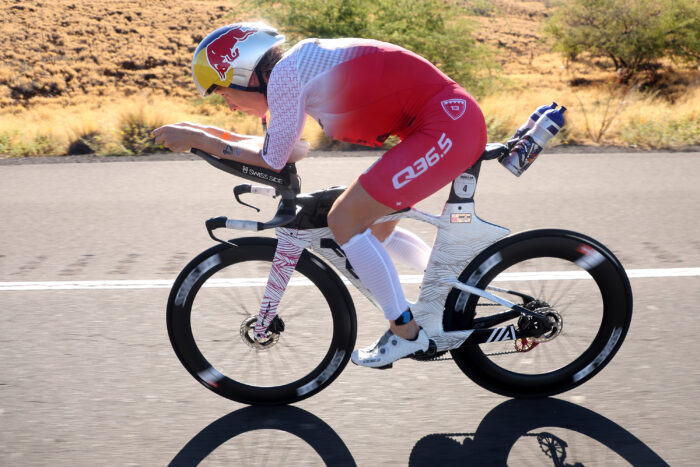
“It’s not always easy as an athlete with the way I handle my preparations,” she told GearJunkie. “The focus needs to be very much on formation and recovery.”
Ryf said that she didn’t feel she could necessarily show up publicly as much as she might like, especially when races loomed. But she stuck to her guns because she knew what worked.
But Ryf’s decision to close this chapter of her legacy gives the triathlete community the chance to learn from it. Ryf brought an intensity to Kona that the island hadn’t seen. There’s a reason she earned her nickname as the “Angry Bird” of triathlon — she wore her commitment to competition on her sleeve (and on her face). Ryf’s trademark scowl spoke volumes, an unparalleled ferocity that unlocked her historic winning streak.
“It’s always been my goal to, whatever I do, do it well,” Ryf explained. “If I do something, I want to do it all in. That’s how I’ve always prepared for my races.”
How High vs. How Much
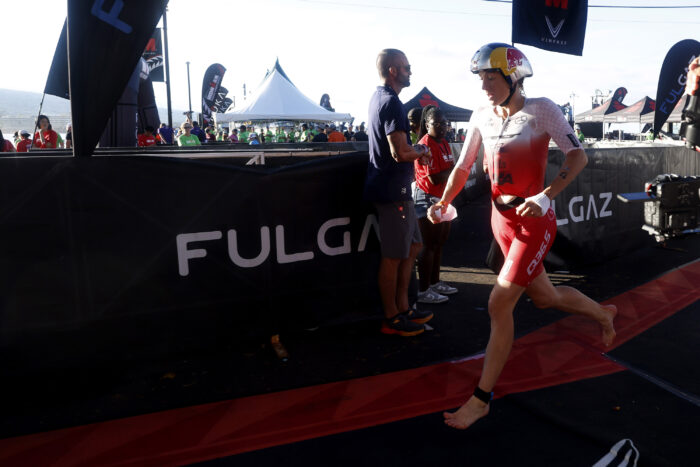
The energy she channeled into racing actually bucks current trends in the endurance sport space. More and more frequently, athletes seem to focus on how much they can do rather than how high they aim. It’s led to some pretty incredible feats: Courtney Dauwalter’s back-to-back-to-back victories at UTMB, Hardrock, and Western States; Sally McRae’s triple crown at the Tahoe 200, Bigfoot 200, and Moab 240; Andrew Glaze’s 187th 100-mile-week streak — just to name a few.
But “how much” isn’t the only path to athletic achievement … and, at least according to Ryf, might even hinder it.
“I really put the World Championships as my big goals for these past few years, and put a lot of other things back to make a good preparation possible. I never tried to rush the races or just do as many as possible,” she said. “I think that was a reason why I could perform well at the World Championships. I had the preparation that was needed, I didn’t have to travel all over the world to catch races, and I could stay consistent.”
Good Sponsors Go a Long Way
Ryf’s approach might seem like a no-brainer. But professional athletes often feel pressure from their sponsors to show up on start lines more frequently than might be effective or healthy for them. Races are all-out efforts that impart serious stress. They showcase physical preparation, but they also interrupt it. Draining the tank like that interferes with consistency. Do it too often, and the body just can’t keep up.
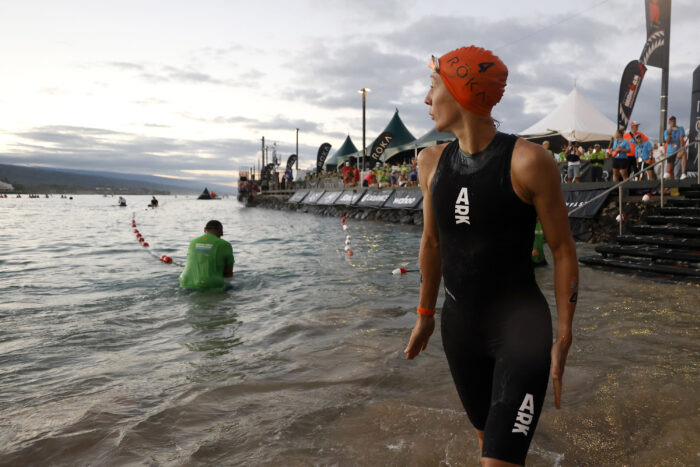
With quick turnarounds becoming the new norm, that pressure is only growing. But Ryf was spared and expressed gratitude that her particular sponsors, including HOKA, Red Bull, and Felt Bicycles, always made her feel “safe.”
She acknowledged that she could rely on them to let her “give the body the time it needed, and then really prepare until I was ready.”
With her likely departure from the ranks of competitors on the hallowed Kona course, Ryf cemented her name in the Ironman history books and set a bar for future racers to pursue.
For more information on this year’s historic competition, check out our coverage of the first-ever Women’s IRONMAN World Championships.
